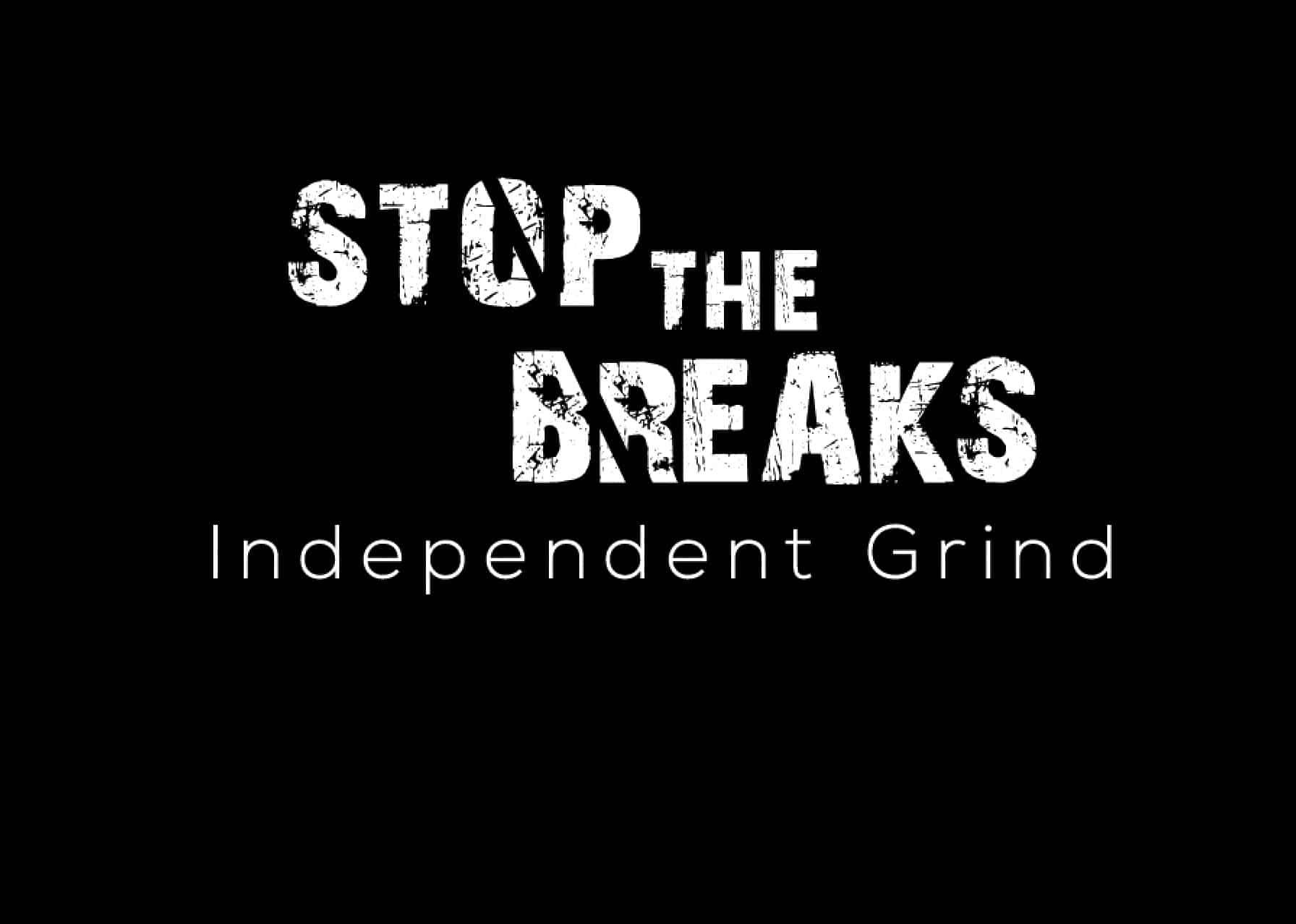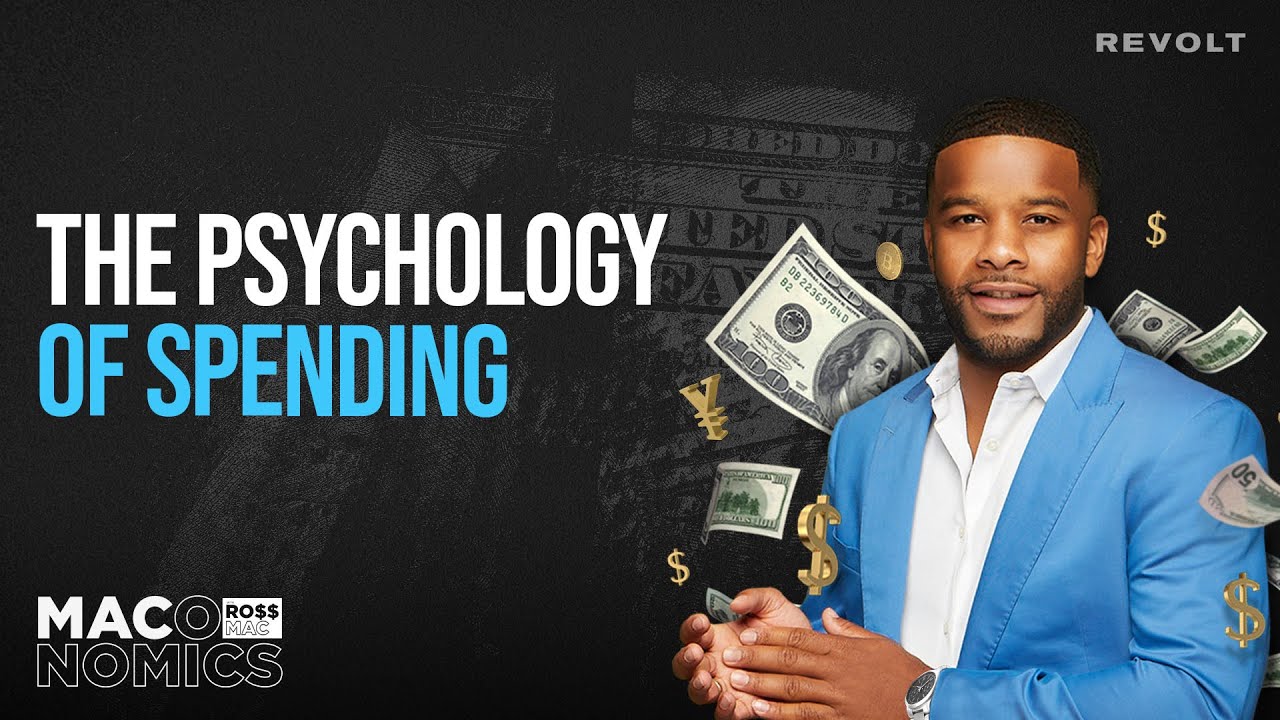Retail therapy, it’s something many of us turn to, especially when our credit card statements start to stress us out.
Retail therapy is a real phenomenon. It’s when shopping is used as a way to feel better. Studies show that 62% of shoppers have bought something to cheer themselves up, and 28% to celebrate.
This practice can become dangerous. Shopping to feel better might offer a temporary high, but it often leads to regret and long-term financial issues. The psychology behind it involves releasing endorphins, those feel-good chemicals in our brains. However, this escape from stress or boredom is fleeting.
Triggers for these spending habits can be deeply rooted. Some see shopping as a reward, thinking, ‘I worked hard, I deserve this.’ For others, it’s about social pressure or maintaining an image. Understanding these triggers is key to developing healthy financial habits.
Mindful spending is an effective approach to combat impulsive buying. It involves pausing and reflecting before making a purchase. Ask yourself, ‘Do I really need this? Will this add value to my life?’ This reflection helps distinguish between a genuine need and a temporary fix.
Setting clear financial goals and a budget is crucial. By keeping these in mind while shopping, you’re more likely to hold yourself accountable. Mastering mindful spending not only creates financial security but also offers a deeper sense of fulfillment.
Each purchase isn’t just a transaction; it’s about future planning. Think of it as either contributing to your future retirement or your children’s college fund. Establishing good financial habits today paves the way for a more secure and successful tomorrow.
Remember, each intentional purchase today can help build a better financial future. Embrace mindful spending and set yourself up for success.




